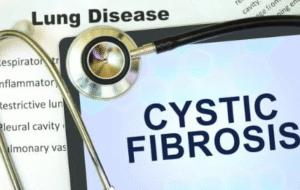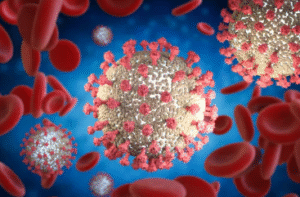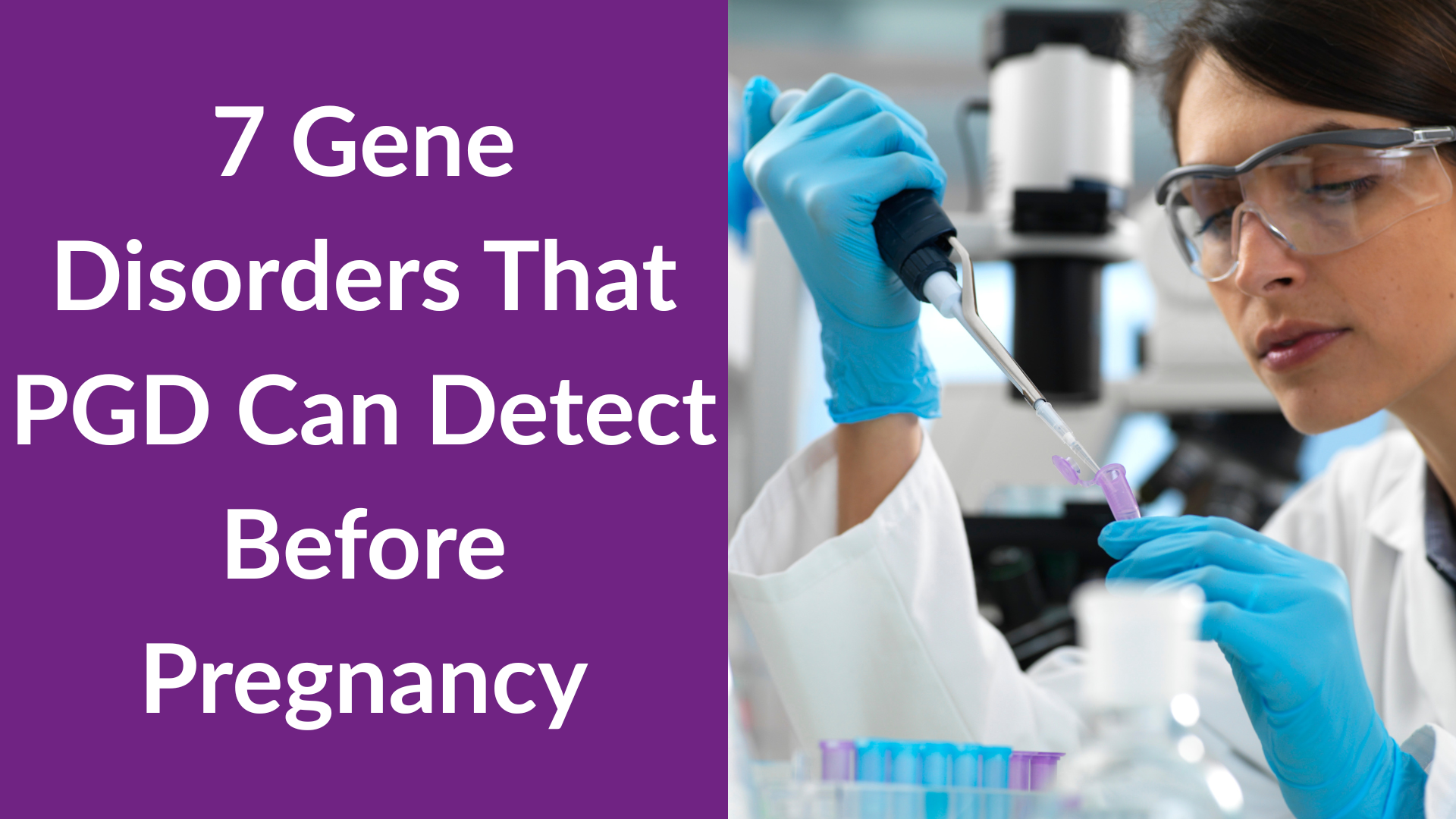Planning for a family involves more than just timing—it also means making informed choices to protect your child’s future health. For couples at risk of passing on inherited genetic disorders, Preimplantation Genetic Diagnosis (PGD)—now more precisely called Preimplantation Genetic Testing for Monogenic Disorders (PGT-M)—offers powerful peace of mind. PGD screens embryos during IVF for specific gene mutations, ensuring only healthy embryos are selected for transfer.
7 Gene Disorders That PGD Can Detect Before Pregnancy
Let’s explore 7 common and often life-altering genetic disorders that PGD can accurately detect
1. Cystic Fibrosis (CF)


Inheritance Pattern: Autosomal Recessive
Gene Affected: CFTR
Cystic Fibrosis is a life-shortening disorder that affects the lungs and digestive system by producing thick, sticky mucus. PGD can identify embryos carrying two defective CFTR genes so that only unaffected or carrier embryos are considered for implantation. This is crucial for couples who are both carriers but asymptomatic.
2. Tay-Sachs Disease
Inheritance Pattern: Autosomal Recessive
Gene Affected: HEXA
This devastating neurological disorder affects infants, leading to progressive motor weakness, seizures, and early death—often by age 4. PGD enables parents who carry HEXA gene mutations to prevent passing on this incurable condition.
3. Spinal Muscular Atrophy (SMA)


Inheritance Pattern: Autosomal Recessive
Genes Affected: SMN1 and SMN2
SMA leads to the progressive degeneration of motor neurons, often resulting in muscle weakness, respiratory issues, and early mortality in severe forms. PGD identifies mutations in the SMN1 gene before pregnancy, allowing couples to select embryos that are free of the condition.
4. Duchenne Muscular Dystrophy (DMD)
Inheritance Pattern: X-linked Recessive
Gene Affected: DMD
DMD causes severe muscle wasting and is most common in boys. Symptoms usually appear in early childhood, often leading to loss of mobility and heart complications. With PGD, female carriers can avoid passing this disorder to their sons by selecting unaffected embryos.
5. Sickle Cell Disease


Inheritance Pattern: Autosomal Recessive
Gene Affected: HBB
Sickle cell disease causes red blood cells to take on a rigid, sickle shape, leading to chronic pain, anemia, and organ damage. PGD allows detection of embryos with two copies of the HBB mutation, helping parents prevent this lifelong illness.
6. Fragile X Syndrome
Inheritance Pattern: X-linked Dominant
Gene Affected: FMR1
Fragile X is the most common inherited cause of intellectual disability and autism spectrum disorder. Carriers of the FMR1 premutation can use PGD to prevent full-mutation transmission to offspring, offering the chance for a healthier developmental outcome.
7. Huntington’s Disease


Inheritance Pattern: Autosomal Dominant
Gene Affected: HTT
This late-onset neurodegenerative disorder leads to progressive motor, cognitive, and psychiatric decline. Since Huntington’s is a dominant disorder, even one copy of the mutant gene guarantees disease. PGD allows carriers to ensure their children are born free of this fatal inheritance.
Who Should Consider PGD?
PGD is typically recommended for couples who:
- Are known carriers of inherited genetic disorders
- Have a family history of single-gene conditions
- Have experienced repeated IVF failures or miscarriages due to chromosomal anomalies
- Are at risk of X-linked conditions
Conclusion
By enabling the selection of genetically healthy embryos, PGD empowers couples to break the cycle of inherited disease—bringing hope, reassurance, and a healthier start for future generations. With access to advanced genetic testing technologies like PGT-M, today’s fertility science is not only about helping you conceive—it’s about protecting what comes next.
Considering PGD?
Speak to a certified fertility specialist or genetic counselor to assess your risks and explore whether PGD is right for your reproductive journey.




